After threatening last weekend to go “guns-a-blazing” into Nigeria in defense of Christian Nigerians, President Donald Trump has ended protection for another group facing violence and political instability. On Wednesday, the Trump administration terminated temporary protected status shielding immigrants from South Sudan from deportation, even though the African nation has faced escalating violence, political instability, and food insecurity in recent weeks.
The announcement stands in stark contrast to another recent decision from the administration to give Afrikaners priority for asylum, even as the State Department moved to severely limit refugee admission to the United States. The president has justified prioritizing white South Africans by spreading misleading claims about the persecution and killings of white farmers.
While Trump’s immigration and foreign policy stances in relation to these three countries may seem disjointed, experts on white supremacy and Christian nationalism told The Intercept that it all fit into the white Christian nationalist playbook. Trump’s strategy feeds into his base’s fears over immigration and demographic change while positioning the president as a defender of Christian values.
“There is this myth that if [white Christians] lose a majority in the United States of America, then the white Christian civilization that we have built here is fundamentally going to be threatened … and that’s why you have to open your borders to the Afrikaners and close your borders to people who are not white and not Christians,” said Stephen Lloyd, a professor of theology at Loyola University Maryland who specializes in world Christianity as well as theology, ethnicity, and race in South Africa.
Trump’s narrative, however, flies in the face of facts on the ground.
After Trump threatened to deploy military action in Nigeria over claims that Christians were being persecuted, and designated Nigeria as a “country of particular concern” for alleged violations of religious freedom, Nigerian officials and regional experts quickly fired back.
“We are not proud of the security situation that we are passing through, but to go with the narrative” of a Christian genocide, Kimiebi Imomotimi Ebienfa, a spokesperson for Nigeria’s Ministry of Foreign Affairs told Al Jazeera, “no, it is not true. There is no Christian genocide in Nigeria.”
While Nigerians have undeniably experienced violence at the hands of militant groups like Boko Haram, Christians have not been the exclusive target. In fact, much of the violence has been directed at Muslims who practice their faith in a way these groups disagree with.
“There are many Christian victims of violence in Nigeria. Nobody disputes that,” said Alex Thurston, an associate professor at the University of Cincinnati, who specializes in Islam and African politics. “[However], the idea of a genocide against Christians is the wrong framing. The violence in Nigeria affects many different Nigerians of many faiths.”
Research from the Armed Conflict Location and Event Data, an independent global monitor of conflict and protest data, found that of the 1,923 attacks on civilians in Nigeria, so far this year, roughly 50 of those attacks targeted Christians because of their religion.
The alleged persecution of the Afrikaners serves a similar narrative purpose for Trump, while also being riddled with many of the same fallacies.
For the most part, Afrikaners don’t see themselves as refugees, said Lloyd. “Even some very conservative Afrikaner separatists talk very much in terms of wanting to build their future in South Africa, not outside of it,” he said.
Afrikaners who grew up under apartheid were taught to view themselves as their “own distinct culture,” explained Lloyd, which includes heavy ties to Christianity but is distinct from white Christian culture in the United States. “Afrikaners often feel themselves to be a tribe in the way that the Zulu or the Xhosa people are a tribe. And so there is still that sort of national sentiment that you look out for each other, you try to care for each other. You care for each other’s political future.”
Notably, there hasn’t been a “mass exodus” of Afrikaners to the United States since Trump announced an expedited refuge process, Lloyd said. Of the roughly 2.7 million Afrikaners in South Africa, only 400 have immigrated to the United States under the fast-tracked refugee process Trump initiated.
However, framing these complex political scenarios in the context of a genocide of white people or Christians is politically beneficial to Trump, said Christine Reyna, a professor of psychology at DePaul University. It allows him not only to drum up concerns over immigrants, she said, but it motivates his base to support him out of that fear.
“In Nigeria, it’s genocide against Christians, and in South Africa, it’s the supposed genocide against these white Afrikaners,” said Reyna. “And so in absence of an actual genocide in the United States against either of these two groups, you can keep that narrative of that existential fear of extermination and genocide and oppression that is alive and well within a certain subset of white Americans.”
Despite crafting similar narratives in Nigeria and South Africa, Trump’s policy prescriptions are quite different.
“One of the ideas of Christian nationalism is that racial and ethnic groups have their own particular territories,” said Lloyd.
So while members of the Christian right in the United States may view themselves as the saviors of Nigerian Christians, they believe that they should remain in Africa and not mix with white Christians here. Whereas white, or “Western,” Christians in Africa should be brought into the United States.
This racist logic allows them to justify limiting immigration of the “other” as somehow biblical, as is the case with South Sudanese immigrants. “One of the key things about Christian nationalism is the love of your own,” said Lloyd.
“That’s why I think they are signaling that immigration policy is going to preference Afrikaners,” Lloyd said. “The idea that you’re preferencing conservative white Christians is, in essence, preferencing ‘your own people’ over those in Haiti, those in South Sudan, those in Venezuela.”
In a January Fox News interview, Vice President JD Vance said that God requires Christians to “love your family, and then you love your neighbor, and then you love your community, and then you love your fellow citizens in your own country, and then, after that, you can focus and prioritize the rest of the world.”
“There’s this sense that we have to keep America Christian because when Christians become a minority, they’re persecuted,” Lloyd said. “And also, if we maintain our Christian majority, then we can be the defenders of Christians around the world.”

 German (DE)
German (DE)  English (US)
English (US)  Spanish (ES)
Spanish (ES)  French (FR)
French (FR)  Hindi (IN)
Hindi (IN)  Italian (IT)
Italian (IT)  Portuguese (BR)
Portuguese (BR)  Russian (RU)
Russian (RU) 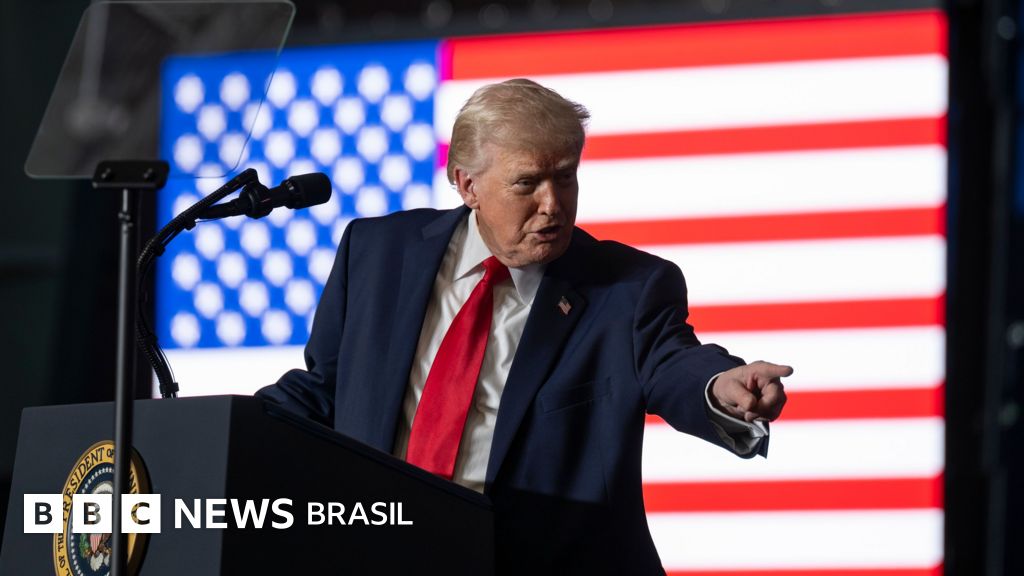

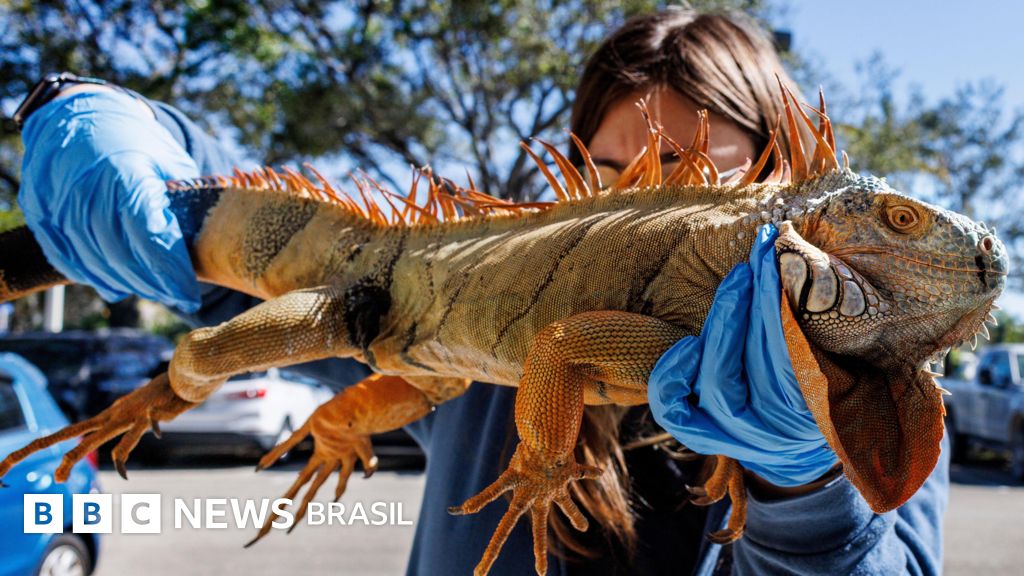
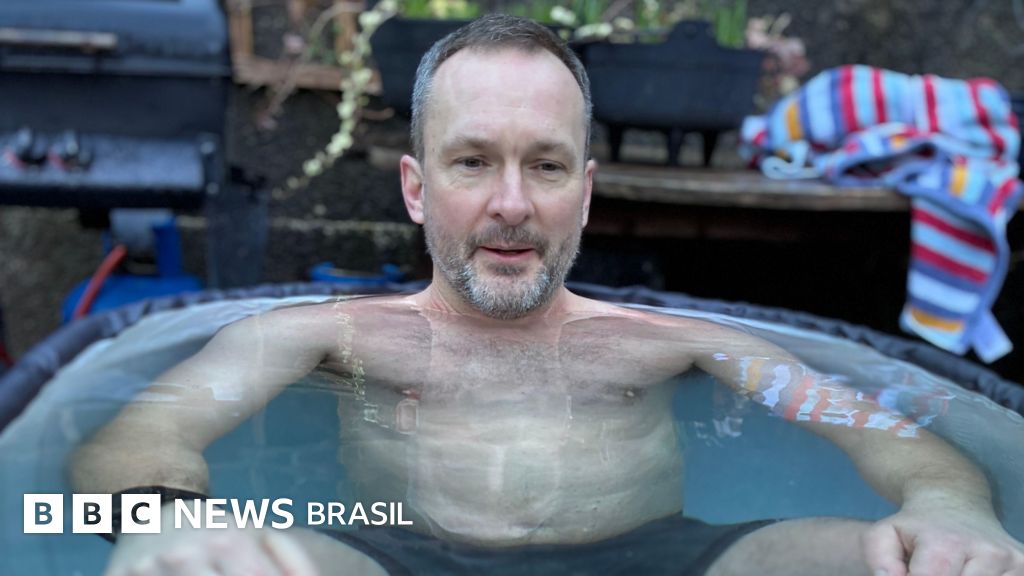
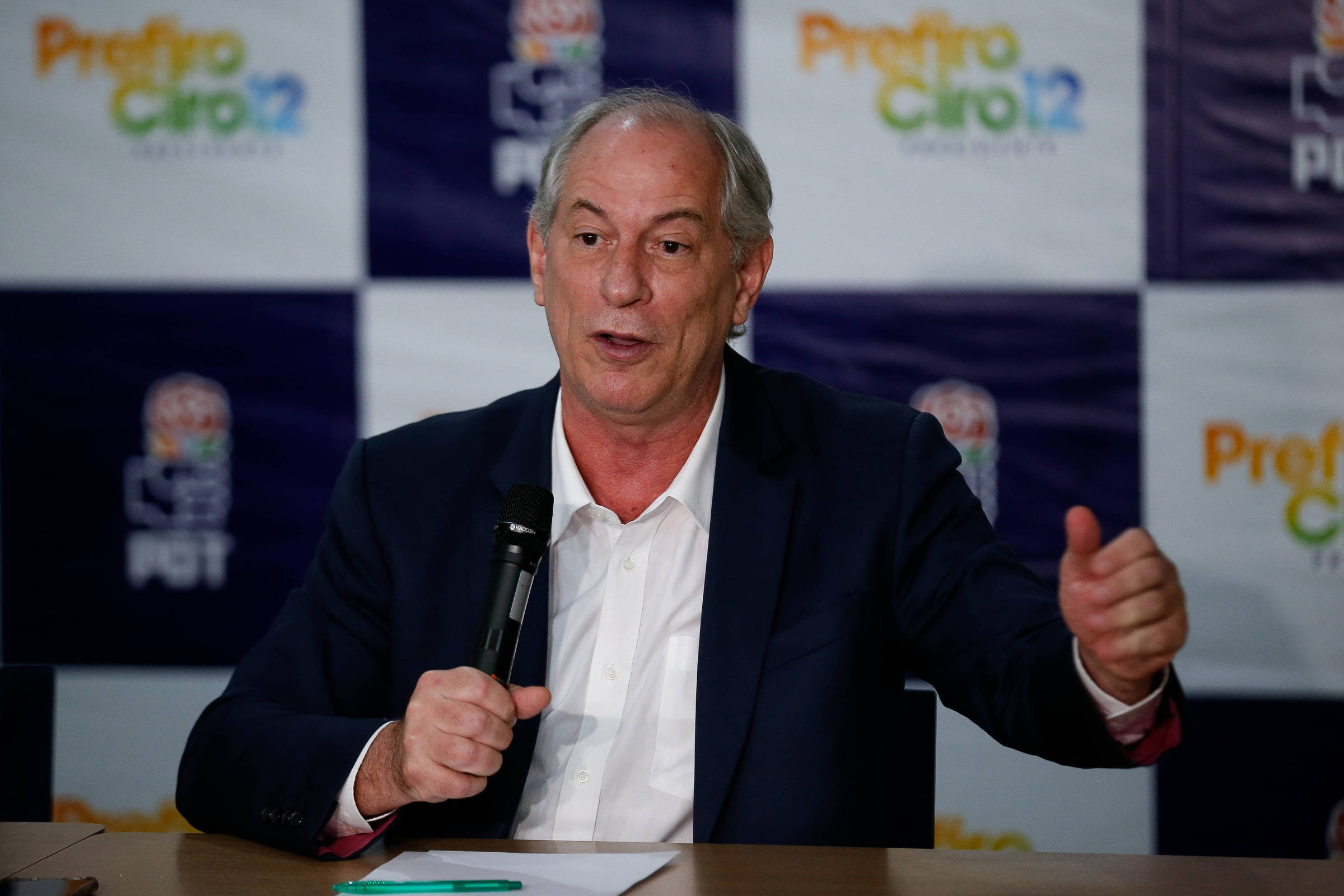

:strip_icc()/i.s3.glbimg.com/v1/AUTH_59edd422c0c84a879bd37670ae4f538a/internal_photos/bs/2023/l/g/UvNZinRh2puy1SCdeg8w/cb1b14f2-970b-4f5c-a175-75a6c34ef729.jpg)

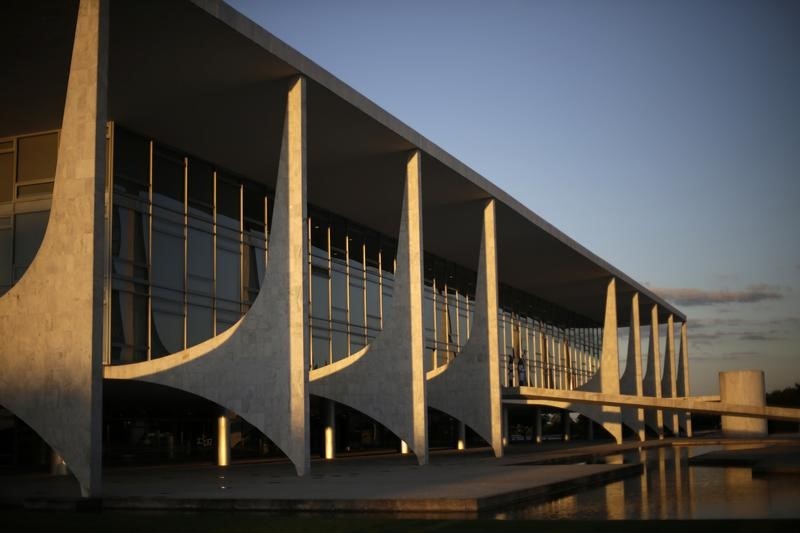

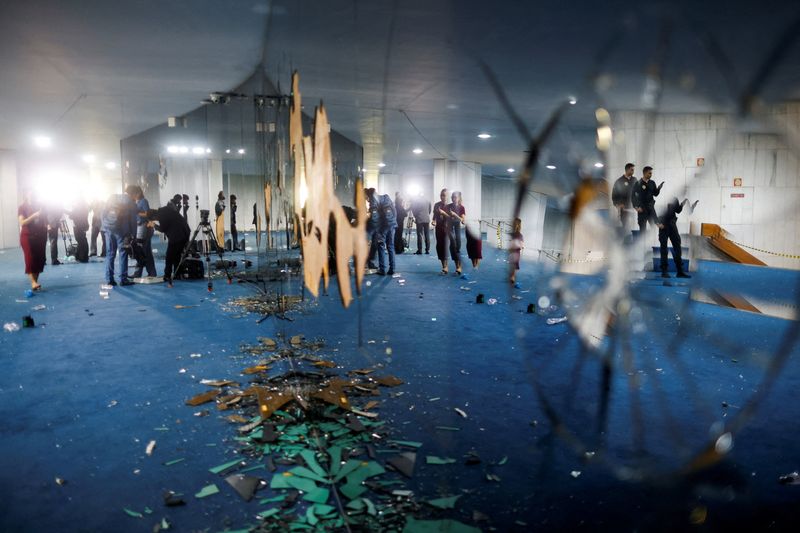

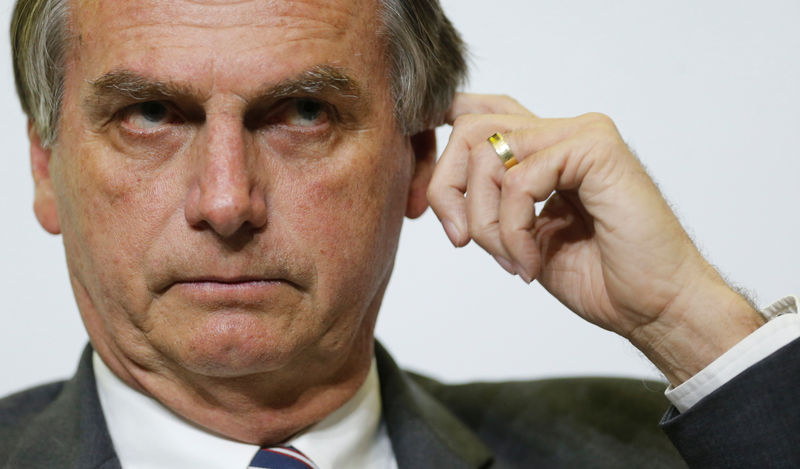
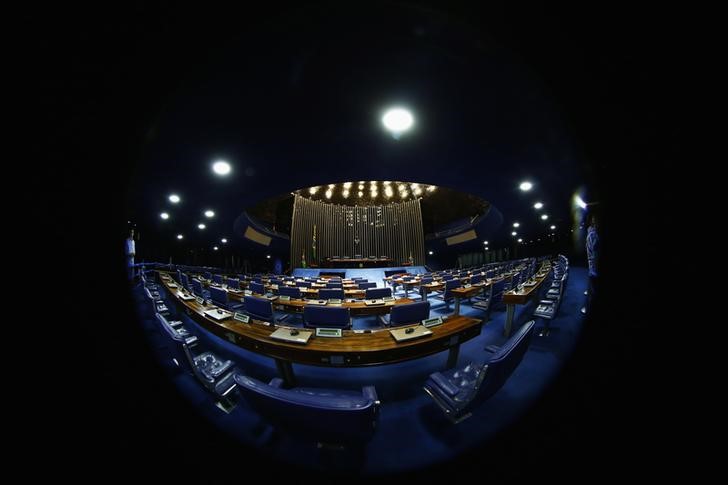
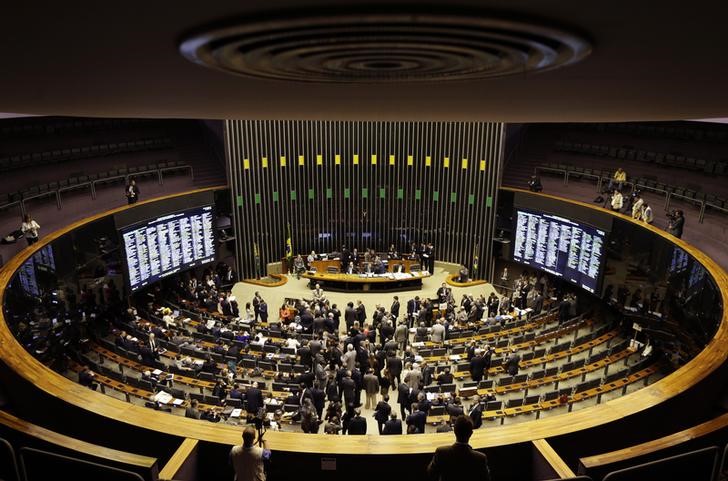

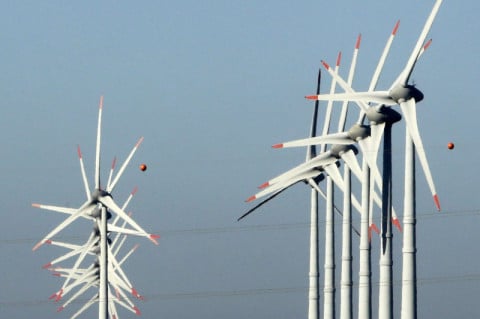
Comentários
Aproveite ao máximo as notícias fazendo login
Entrar Registro